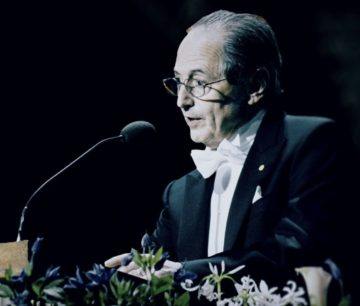Eric Boodman in Stat News:
 One day last August, as they struggled to figure out whether to lift Covid-19 restrictions, the supervisors of Placer County, California, convened a panel of experts. It was a reasonable move. If being a local official could be thankless in normal times, the pandemic had made it nearly impossible. Federal messaging had been hopelessly muddled. Rules meant to stop viral spread came with painful side effects. One constituent insisted the sheriff enforce lockdowns; another called stay-at-home-orders an economic death sentence. Wanting advice from doctors and professors was hardly surprising.
One day last August, as they struggled to figure out whether to lift Covid-19 restrictions, the supervisors of Placer County, California, convened a panel of experts. It was a reasonable move. If being a local official could be thankless in normal times, the pandemic had made it nearly impossible. Federal messaging had been hopelessly muddled. Rules meant to stop viral spread came with painful side effects. One constituent insisted the sheriff enforce lockdowns; another called stay-at-home-orders an economic death sentence. Wanting advice from doctors and professors was hardly surprising.
What was surprising was that the first invited speaker had chosen to frame himself as an authority on Covid-19 at all. His name was Michael Levitt. His credentials were stellar — an endowed Stanford professorship, one-third of the 2013 Nobel Prize in Chemistry — but utterly unrelated to infectious disease outbreaks. He’d won his honors with the computer-programming work he’d done in the 1960s and 70s, revealing the intricate origami of proteins, modeling how they fold and form the tiny machinery of life. Prior to those papers, the chair of the Nobel selection committee had said, studying chemical reactions was “like seeing all the actors before Hamlet and all the dead bodies after, and then you wonder what happened in the middle.” Levitt and his colleagues had described “the whole drama,” showing how each character died.
Now, though, dead bodies weren’t a metaphor. They were horrifyingly literal, their bagged bulk filling hospital morgues and refrigerated trucks. Public health specialists begged politicians and citizens to do what they could to slow transmission. Levitt, a biophysicist, had different ideas. He derided policies proposed by the vast majority of epidemiologists as “politically correct.”
More here.
